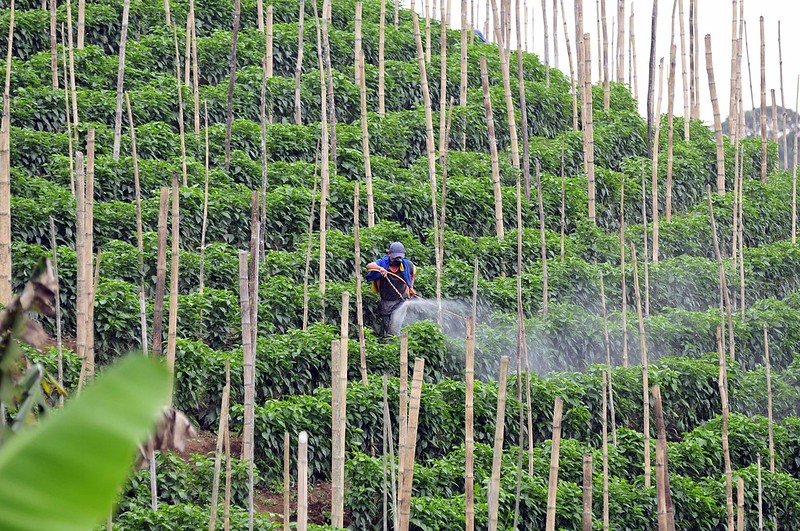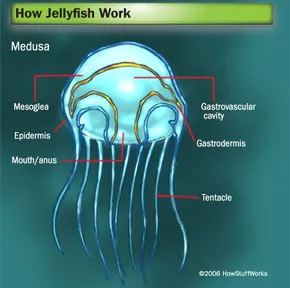The Effect of Pesticides on the Environment
Source: (c)NEIL PALMER PHOTOGRAPHY
“2DU colombia 24” by CIAT International Center for Tropical Agriculture is licensed under CC BY-SA 2.0
Many arguments have been raised about pesticides – does it harm the environment or does it help farmers make money? The answer is both, but first we should explain what organic foods are. Organic foods are foods that have been made using less chemicals and more natural pesticides, sometimes using insects such as praying mantises and ladybugs to kill aphids and parasites.
The most commonly used chemical pesticide is chlorpyrifos, and according to the National Pesticide Information Center (npic) small amounts of chlorpyrifos can cause runny noses and loss of coordination, and in severe cases, it can even cause unconsciousness, paralysis, and loss of bowel control. Even worse, this chemical can cause death in many birds, and mallards that have ingested it will raise less eggs, also chlorpyrifos is extremely toxic to bees, which pollinate many of the plants that carry this pesticide.
Organic foods use that have the USDA Organic seal have no pesticides and also have no added preservatives or colorings. Organic farming has much less impact on the environment and if all farmers switch to organic, many declining populations will rise again, such as bees, falcons, eagles, and thousands of fish species will benefit from organic farming. Another pesticide compound is endothall, which kills water weeds, but the amounts needed to kill those weeds deliver a lethal dose to the fish in the water.
Pesticides can also seep into the soil, and though it will not taint the next plants, it can kill many healthy bacteria and insects needed to grow healthy plants. Farmers also spend more than a billion dollars on pesticides each year. The cons of pesticides heavily outweigh the pros and it causes lots of disruption in the ecosystem.















